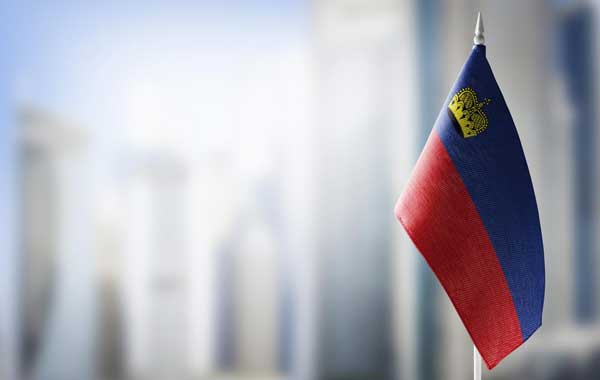Nestled between Switzerland and Austria lies one of Europe’s best kept secrets – the tiny principality of Liechtenstein. At just 160 square kilometers and with a population around 40,000, this diminutive nation punches well above its weight economically while providing an exceptionally high quality of life for its citizens.

Origin and Geography
The country’s full name – the Principality of Liechtenstein – reflects its status as a constitutional monarchy. The prince serves as head of state but democratic principles ensure he remains accountable to the people.
Geographically, almost half of Liechtenstein occupies the Rhine river valley, with the remainder consisting of the Alpine mountains. It ranks as the world’s 6th smallest country, behind only Vatican City, Monaco, and other European microstates.
The capital and largest city, Vaduz, lies in the western region and houses only about 6,000 residents out of a total population of 39,308. Unlike most nations where the capital dominates, the majority in Liechtenstein live in small villages enveloped by nature.
Key Facts and Superlatives
Some key facts highlight Liechtenstein’s successes:
- 100% literacy rate – the highest in the world
- 79 year life expectancy for men, 85 years for women
- 160 sq km total land area makes it the 6th smallest country
- 0% unemployment – 400 people currently out of work
- 41,352 jobs available but only 39,308 citizens
- 170,000 USD GDP per capita, one of the world’s highest
- 0 external debt – the only country in the world debt-free
Staying Neutral Through World War II
Remarkably, Liechtenstein maintained its neutrality during World War 2 even while surrounded by the Axis and Allied powers. This allowed the country to continue thriving economically while bigger neighbors focused on rebuilding.
Liechtenstein enjoys close proximity to Germany, Switzerland, Austria and Italy – all within a few hours drive. Especially nearby Zurich provides an alluring destination for weekend trips or easy transportation by air.
Travel and Languages
German serves as the official language and the Swiss Franc functions as currency. Like Switzerland, Liechtenstein falls outside the European Union but participates in Europe’s Schengen zone visa and border policies. This grants easy access for short visits.
One quirky challenge for travelers: Liechtenstein lacks any airports within its borders. You must arrive by road, either self-drive or bus connections from Switzerland/Austria. Once there, the tiny capital Vaduz spans just 17 sq km so walking or bikes suit sightseeing perfectly. Dining and hotels skew expensive, however, so Liechtenstein attracts wealthier tourists.
Economic Success Factors
Given miniscule natural resources and land area unsuitable for heavy industry, how does Liechtenstein boast such outsized prosperity?
Two words provide the answer – banking and investment. Liechtenstein emulates Switzerland as a hub for global finance and wealth management, luring assets from foreign corporations and rich individuals. Banking privacy and economic policies create an appealing tax haven.
With huge foreign capital inflows, Liechtenstein funds strong social services like education and healthcare. A few niche industries also thrive on exports – notably dental/medical equipment and high-end electronics manufacturing.
Ultra Low Taxes
Generating ample tax revenues from global banking and asset management means Liechtenstein levies almost no taxes on citizens and local businesses.
With sound policies and no need for outside debt, the principality delivers exceptionally high living standards for residents as demonstrated by:
- 170,000 USD income per capita
- 1% or lower unemployment
- High number of jobs available per working age citizen
- Strong education, health services, public infrastructure
Snapshots of Life in Liechtenstein
Vaduz, the capital, offers visitors modern buildings and infrastructure but almost eerie silence compared to other cities. German predominates among older locals while younger speak excellent English.
Housing mainly consists of detached 2-3 story homes with gardens rather than apartments. A few shops and hotels cater to international visitors but no major tourism or entertainment industry.
Drive further out and you find peaceful mountain villages where sheep graze and cows produce milk. Fields grow herbs for natural remedies. Locals live simple but highly comfortable lives driving late-model luxury cars.
During frequent village festivals, citizens and leaders all mingle and dine freely with minimal social divisions. Violent crime barely exists compared to other nations.
Children befriend farm animals and seniors like this 80-year old thriving lady carry on traditions like homemade spices. Clean air, zero litter and access to unspoiled nature provide a soothing ambience for body and soul.
The Takeaway
In our complex world beset by financial crises, wars, inequality and pollution, little Liechtenstein proves that another model works very well. Prioritizing stability, security and sound policies over growth or power creates astonishing prosperity that benefits all citizens in this tiny principality.
